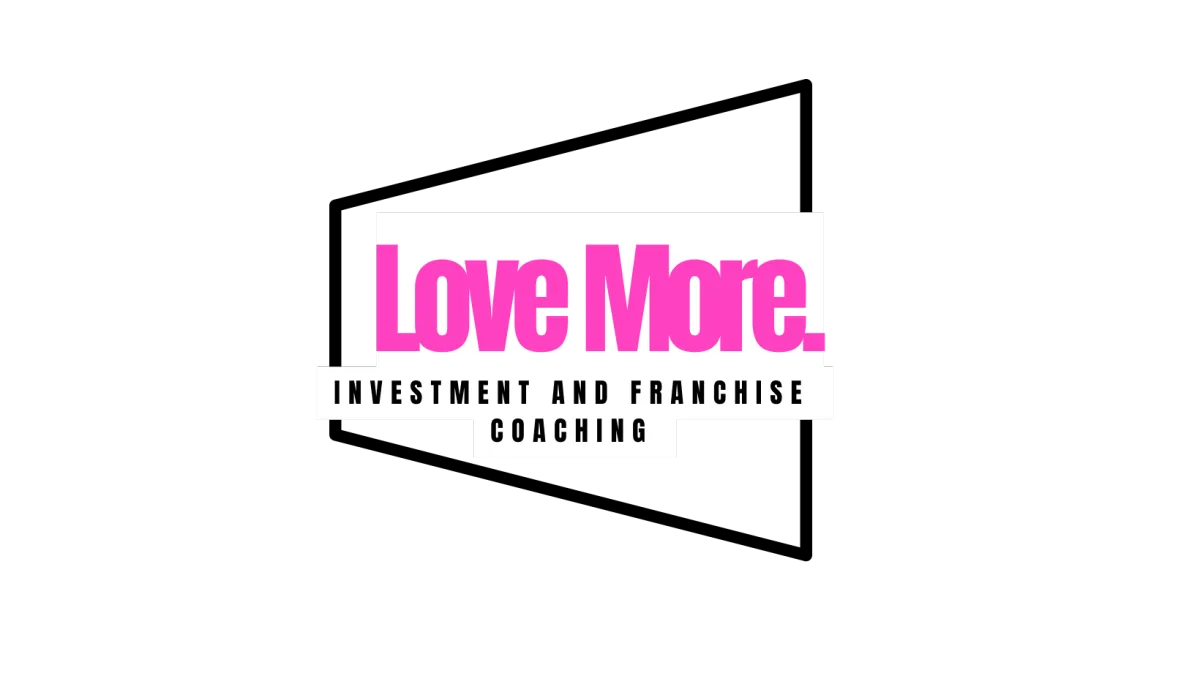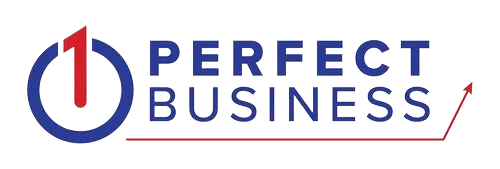
Franchising: What You Need to Know Before You Start
Introduction:
Entering the world of franchising can be a rewarding path to business ownership, offering a structured model and established brand recognition. However, before diving in, it's crucial to understand the fundamentals to ensure you make informed decisions. This guide will walk you through the essentials of franchising, providing you with a solid foundation to get started.
Understanding Franchising
At its core, franchising is a method of business expansion where a franchisor grants the franchisee the rights to operate a business using the franchisor's brand, products, and operational model. This mutually beneficial relationship allows the franchisor to expand their brand without the need for direct capital investment, while the franchisee gains access to a proven business model.
Key Components of a Franchise Agreement
Before signing on the dotted line, it's essential to understand the primary components of a franchise agreement. This legally binding document outlines the roles, responsibilities, and expectations of both the franchisor and the franchisee. Key elements typically include:
● Initial Franchise Fee: The upfront cost paid to the franchisor for the right to operate a franchise.
● Royalties: Ongoing fees, often a percentage of gross sales, paid to the franchisor.
● Territory: The geographic area where the franchisee has exclusive rights to operate.
● Training and Support: The assistance provided by the franchisor to help the franchisee start and run the business.
● Brand Standards: Guidelines that ensure consistency and quality across all franchise locations.
Benefits of Franchising
Franchising offers numerous advantages, making it an attractive option for aspiring business owners:
● Proven Business Model: Franchisors provide a tested and refined business model, reducing the risk of failure.
● Brand Recognition: Operating under a well-known brand can attract customers and build trust quickly.
● Training and Support: Franchisors offer comprehensive training and ongoing support to help franchisees succeed.
● Marketing Assistance: Many franchisors handle national and regional marketing efforts, boosting brand visibility.
Challenges to Consider
While franchising has many benefits, it's important to be aware of potential challenges:
● Initial and Ongoing Costs: The initial franchise fee and ongoing royalties can be significant. Ensure you have a clear understanding of all financial commitments.
● Lack of Flexibility: Franchisees must adhere to the franchisor's operational guidelines, which can limit creativity and independence.
● Dependency on the Franchisor: Your success is tied to the franchisor's brand and business model. Any issues at the corporate level can impact your franchise.
5. You ca n repurpose blog content for social media
This is a great way to get more mileage out of your blogs and increase traffic. However, it's important to use the right type of content on Facebook. If you write about topics like parenting, personal finance, or food, they might not be as relevant on Facebook as other types of posts.
If you are looking to make money online, affiliate marketing has become one of the most popular. Affiliate marketing allows bloggers to earn commissions by promoting products and services from others. The blogger does not need to own any product or service to be able to promote them. All he needs is a link to the product or service which he wants to promote.
Steps to Get Started
A blog is an essential tool for building a long-term relationship with your audience. The best blogs will eventually become an extension of your company’s culture and marketing strategy, which means that each article you publish has the potential to create a lasting impact on your brand.
Your blog serves as a platform through which you can share information, knowledge, and tips on your preferred topics. This allows you to provide valuable content with value in return. The more time readers spend on your website, the more chances there are for them to get familiarized with your business and become customers down the line.
7. Blogging helps with link building
Self-Assessment: Determine if franchising aligns with your personal and financial goals. Are you comfortable following a set business model?
Research: Investigate various franchises to find one that matches your interests and market demand. Resources like the International Franchise Association (IFA) can be valuable.
Due Diligence: Thoroughly review the Franchise Disclosure Document (FDD) and speak with current and former franchisees to gain insights into the business.
Secure Financing: Explore financing options to cover the initial franchise fee, setup costs, and working capital.
Legal Review: Consult with a franchise attorney to review the franchise agreement and ensure your interests are protected.
Training: Participate in the franchisor's training program to learn the ins and outs of operating the franchise.
Conclusion
Franchising can be a lucrative and fulfilling venture if approached with careful planning and due diligence. By understanding the basics and being aware of the potential challenges, you can make informed decisions that set you up for success. Remember, the key to thriving in the franchising world is not just choosing the right franchise but also leveraging the support and resources provided by the franchisor.
For more insights and tips on franchising, visit [LoveMore Business] (https://www.lovemorebusiness.com), your go-to resource for all things business and franchising. Whether you're a seasoned entrepreneur or a budding business owner, LoveMore Business has the tools and knowledge to help you succeed in the world of franchising.
Get In Touch


